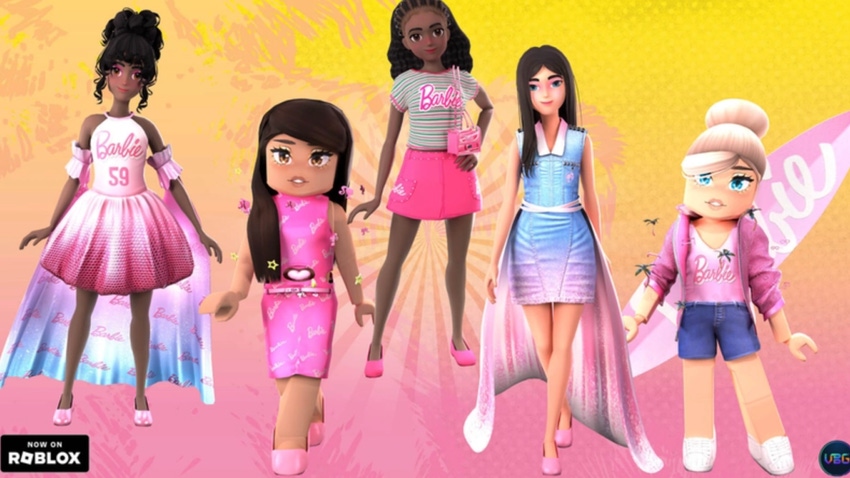How the Licensing Industry Can (and Will) Use AI
AI is going through a transformative time, affecting business for everyone. Here’s how it will affect the licensing industry.

Artificial Intelligence, or AI, has been plastered all over the news lately. As the technology continues to grow and shift, businesses are finding ways to integrate it into the workday. The licensing industry is one such industry tinkering with AI’s possibilities. Justin Hochberg, chief executive officer, Virtual Brands Group, sat down with License Global to discuss those possibilities and how the licensing industry can and will use AI as it continues to improve.
“When you think about AI, there are two things to think about,” says Hochberg. “There’s high-value information that you would need, like a cancer diagnosis. Then there’s low-value, like writing a wedding speech, for example. The other vector is low reliability versus high reliability. For the cancer diagnosis, you would need really high reliability, and with the wedding speech, it doesn’t make that much of a difference.”
Hochberg says that in the case of AI, we are currently at a low-reliability capacity, meaning that though AI can gather high-value information, it’s a toss-up whether or not that information will be relevant to the user. AI’s capability to implicitly understand is low, hence why ChatGPT, for example, requires specific, detailed prompts to generate content.
Virtual Brands Group recently worked with Mattel and Forever 21 to create a virtual fashion collection inspired by Barbie, and Hochberg revealed that AI partially generated the virtual collection. The Virtual Brands Group team used this to experiment with different styles and ideas rather than to design the collection.
“We fed in Barbie, pink, sparkly, skirt, etc., and if it came out wrong, we’d go back in and keep doing it if it wasn’t right,” says Hochberg. “We’d also have designers modify it to some extent and feed it back in. This is, unfortunately, where we are with AI right now. It sounds authoritative, but you don’t know for a fact if any of the information is right. For Barbie and other projects, I think of AI the same way I think of Photoshop. It’s a tool. It needs human intelligence to operate. Because it operates the way it does, sometimes it pulls things that are unexpected. It opens up possibilities that humans may not have thought of. For the Barbie collab, for example, no one designer knows every single thing that has been done in fashion for the last 100 years, but if we feed it to AI and then to human designers in a loop, we can refine that and get it to a point where it’s something interesting, different and exciting.”
According to Hochberg, AI can also help in the product design process by taking an already designed concept and refining it or adding to it. The loop can go either way: AI, designer, AI, designer, or vice-versa. AI can also help refine product copy (a la ChatGPT) and product packaging.
Beyond product conception and design, AI can also be useful in creating new IP ideas. Much like with product design, a concept can be fed into AI to be refined, or AI can create a concept to be refined. Virtual Brands Group used this tactic when working to create a virtual world for “The Voice.”
“We took ‘The Voice’s’ very famous coaches and put them in a virtual world, with virtual merchandise based on real merchandise, but we wanted to add to that,” says Hochberg. “I talked to a friend of mine, a director who worked on ‘Croods’ and ‘Shrek,’ and we built our own virtual metaverse coaches. We’re now building them up as real characters using AI. The characters will interact with you, talk with you and ask you questions.”
The characters were conceptualized by human intelligence, with six-page bios and plenty of detail, but the depth of the characters and their interactions with the audience are done entirely by AI. The AI fills in the gaps using what it knows about the characters. Hochberg says that the virtual coaches will eventually have their own Instagram accounts to interact with fans, and they’re hoping to give the virtual coaches their own music as well.
“AI allows the character to be more consistent,” says Hochberg. “The consistency, the ability to engage and right now, the novelty of it engages the audience, and it’s another way the industry can use AI.”
As AI continues to improve, design innovation and IP development are the tip of the iceberg for what is possible. Watch this space – with how fast this technology is changing, even more will be possible soon.
About the Author(s)
You May Also Like








